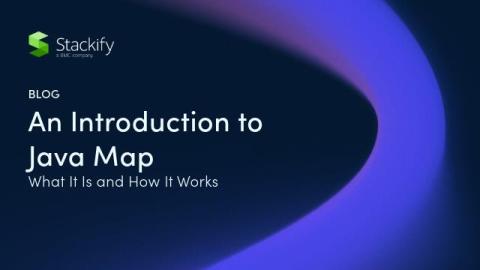Konnect Evolved: Declarative API Management in Kubernetes with Kong Gateway Operator
Konnect, the robust API management platform, is evolving to embrace the declarative power of Kubernetes. In this demo-driven talk, we’ll delve into how Konnect now leverages Kubernetes as the single source of truth for its configuration, ushering in a new era of simplified API gateway management. See firsthand how this shift enables you to define every aspect of your API infrastructure—from gateways and upstream services to plugins and consumer management—using intuitive Kubernetes manifests.











